Tourism is booming in Southeast Asia. Some combination of cheap delicious street food, vibrant nightlife, and the natural beauty of Asia’s wilderness is enticing more and more backpackers every year. With tourism comes entrepreneurs looking to make a quick buck. So it’s essential all backpackers figure out how to avoid getting scammed in Southeast Asia.
Local “businessmen” have learned some new tricks (and utilized some old ones) to make some extra cash off unsuspecting tourists. Luckily for us, most scammers simply repeat the same con over and over and hope that the oblivious backpacker doesn’t know any better. So in hopes that you can avoid ruining a day or wasting money….here is how to avoid getting scammed in Southeast Asia.
Always Check the Meter
- Many taxi drivers will rig the meter to run at a faster rate than standard. This could end up costing you 10x the amount of a normal taxi. If the meter starts climbing rapidly ask to get out immediately. Most countries’ standard is less than a dollar per mile. This website is a ton of help for getting some rough estimates of taxi fare in any city.
- Vietnam: 17,700 VND= $0.77 USD/mile
- Thailand: 15 Baht= $0.60 USD/mile
- Cambodia: $0.80 USD/mile
- Indonesia: 13,000 Rp= $0.95 USD/mile
Motor-Bike Damage
- When you rent a motorbike always remember to take photos of the bike before leaving. Rental agencies can claim that you damaged the bike and demand payment for replacement parts. This is especially problematic because many of the back-alley rentals that backpackers often use require that they hold your passport as collateral.
Sorry, Closed
- Tuk-tuk/Taxi drivers will often tell you that certain temples or attractions are closed. Then they will offer to take you somewhere else instead. Know the hours of operation where you want to go and don’t let them tell you otherwise. If they won’t take you, another driver will.
Know the Currency
The simplest way to avoid being scammed is to know roughly how much things cost. Shop around first, feel out the price of things from various vendors, and always start VERY low when haggling. A good rule of thumb is to start at 25% of what they originally offer.
You should also familiarize yourself with the currency conversion. Personally, I use the free app Currency for more challenging conversions because it works offline. In areas of SouthEast Asia such as Vietnam where the exchange rate is 22,300 VND to the US dollar, the math can be hard to do on the spot without a converter. Many
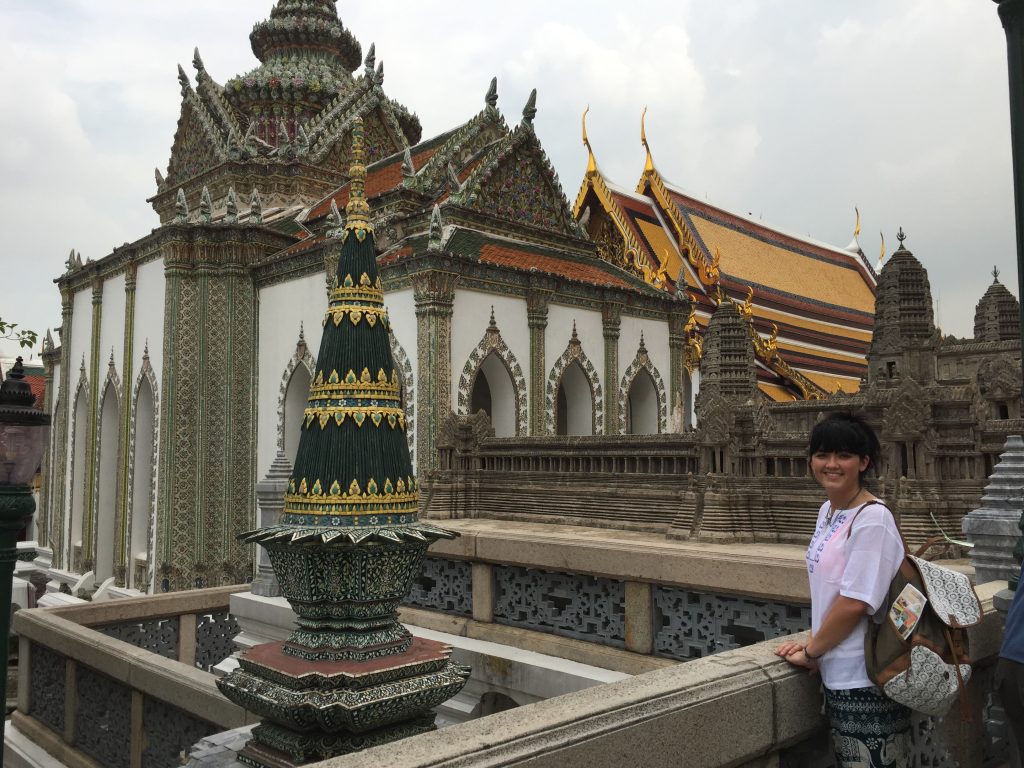
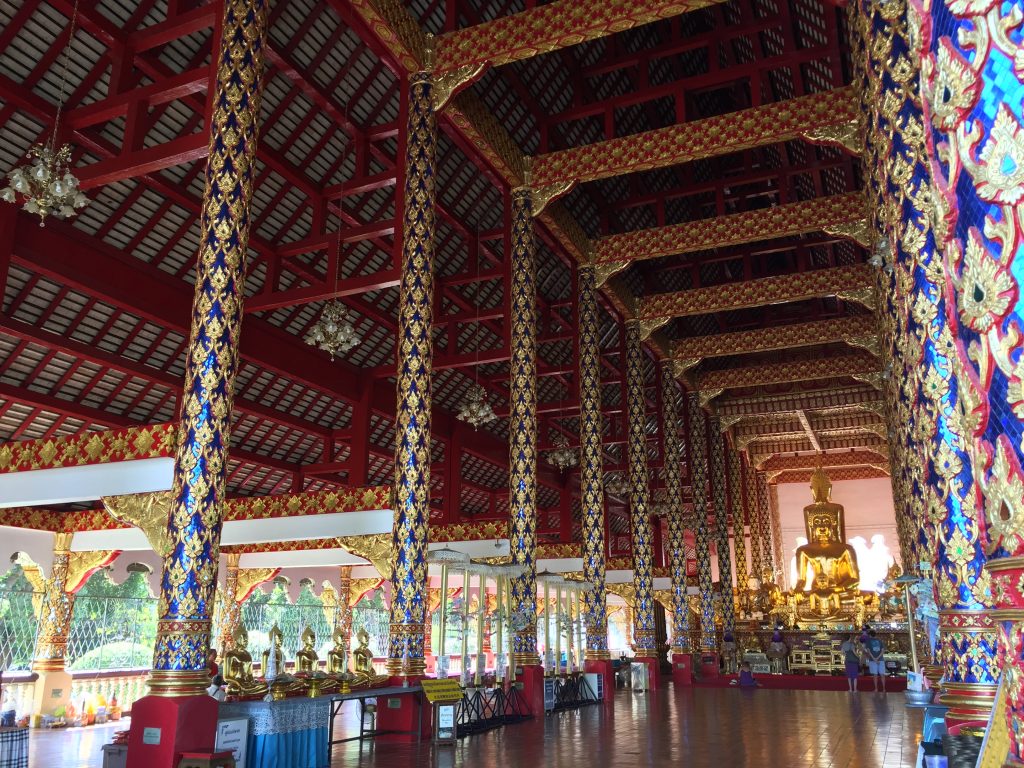
Street Children
It may be tempting to give money to or purchase things from children. Some sell bracelets, while others simply sit in the street and panhandle. The reality is women and children are abducted or sold into this situation. In many cases, their captors intentionally injure them in some way to play on the emotions of sympathetic tourists. Buying anything will not help
Thailand sees more tourists than any other SE Asian country. Because of this many have taken advantage of the opportunity to make a quick buck.
Here are some of the most common Thailand specific schemes.
Lucky Buddha Day
- A tuk-tuk driver will pick you up and inform you that it is “Lucky Buddha Day”. This means that admission to three temples nearby is free today. He will drive you to all three for a cheap price, which seems like a great deal. At the third “temple” a man will approach you and tell you about a market having a giant discount sale that you have to visit. Your tuk-tuk driver will also insist that you must go and will drive you for free. I
nstead , he takes you to a suit shop. The suit shops are run by pushy mafia-like salesmen who attempt to intimidate you into purchasing a suit. This whole ordeal is easily avoided by politely telling the driver that you know admission is free and you aren’t interested.
Suit Shops
- Many tuk-tuk drivers will give you a MUCH lower rate to your destination if you agree to stop at one of these shops along the way. Buying a custom-made suit in Thailand is very cheap and the shops are everywhere. These shops pay for the driver’s gas in exchange for bringing tourists to them. It’s a waste of 20 minutes, but in the end, they can’t force you to purchase anything. It will save you some cash in transportation if your willing to go through the hassle.
Floating Market
- The Damnoen Saduak floating market is world-famous both for being one of the largest floating markets in the world and as a location used in the filming of James Bond. Now it is mostly used for peddling tourists overpriced mass-produced goods and an iconic Instagram post. Taxi drivers will suggest taking you to the market. Unless you have a working phone with GPS or exceptional map skills, I wouldn’t recommend it. My driver brought me to a boat service that then charges you $100 USD to ride a boat through the market. The market is free although they will tell you there is no other way to access it. It’s an elaborate attempt to force you into paying for the boat.
- My advice: skip this floating market altogether and go to a smaller one closer to Bangkok. Or even better the floating market near Ayutthaya in central Thailand.
***This floating market is an easy drive from Ayutthaya Historical Park and housed some very sweet elephants.
Generally speaking, the locals are kind and good-natured about it. If you stand your ground with a smile they will back off and no feelings will be hurt. It’s best not to take it too personally. People here work to survive and just having one tourist fall for their scheme each day can be enough money for them to go home to their families.
Planning Your Trip to Southeast Asia?
- 5 Things I Wish I Knew Before Visiting Cambodia
- 16 Destinations Every Traveler Must See in Laos
- 17 Must-See Myanmar Attractions
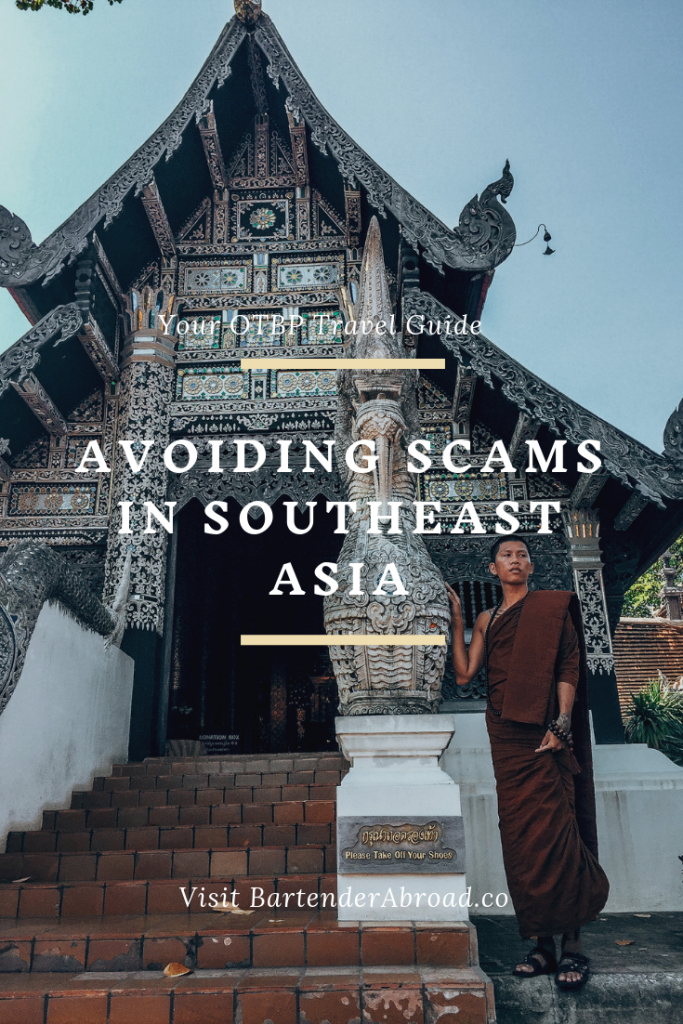
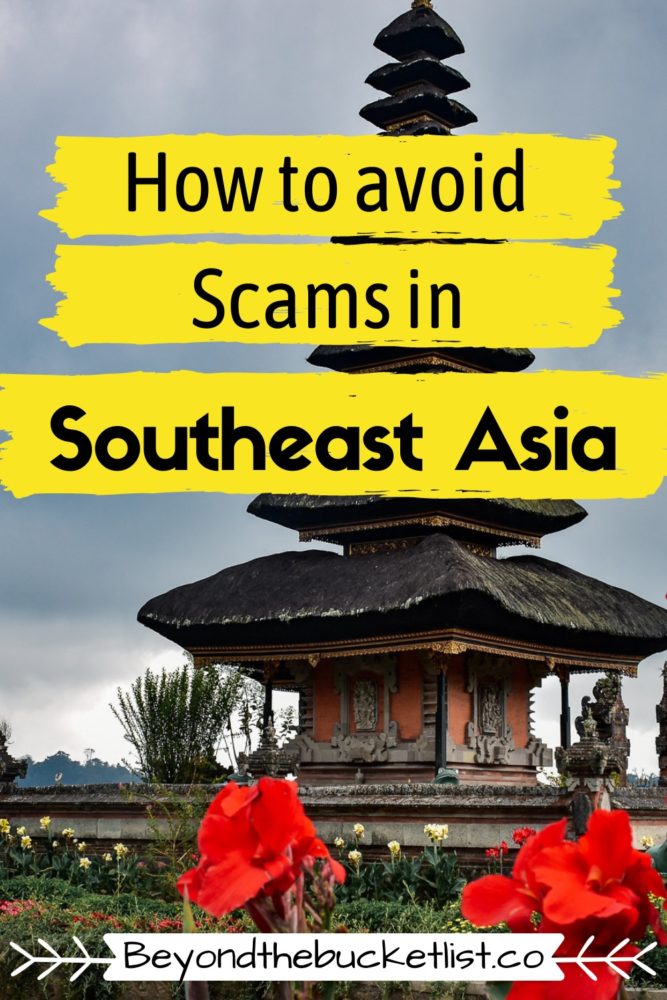
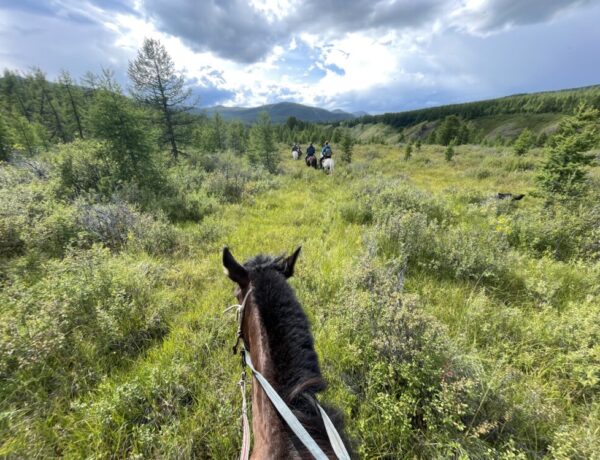

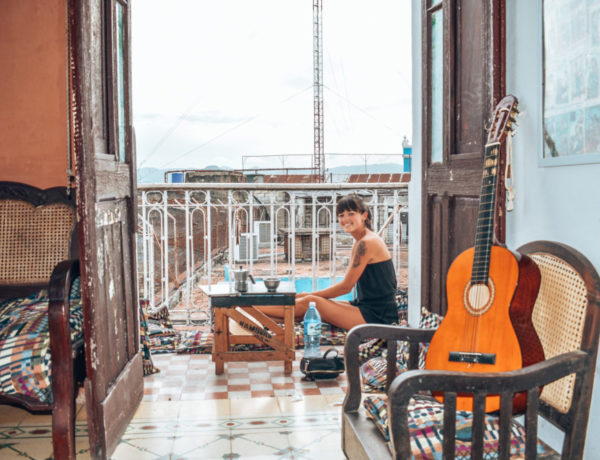


1 Comment
How to Save Money for Travel & Ways to Make Your Dream Trip Cheaper -
August 19, 2019 at 11:54 am[…] the Local Tourist Scams. Read my guide on scams to avoid in South-East Asia and this guide on common taxi scams around the […]